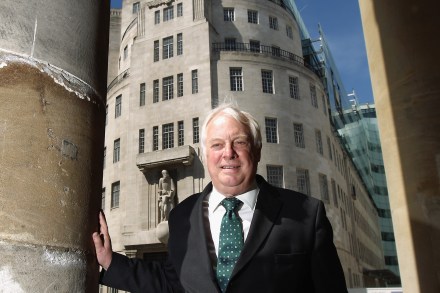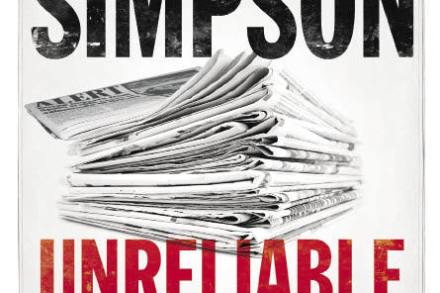On the Centenary of Flann O’Brien
How many times must a man be considered “overlooked” or recalled as a “forgotten genius” before it must become apparent to even the meanest inteligence that he can no longer sensibly be considered “forgotten” or “overlooked”? This is something worth observing in the case of Brian O’Nolan, better known to you perhaps as Flann O’Brien and, to the true cognoscenti, as Myles na Gopaleen too. What with an official stamp available as of this very day, the centenary of his emergence in bonny Strabane, a lengthy piece by Fintan O’Toole to say nothing of puffery in the New Yorker and the Guardian and lord knows where else, you cannot credibly











